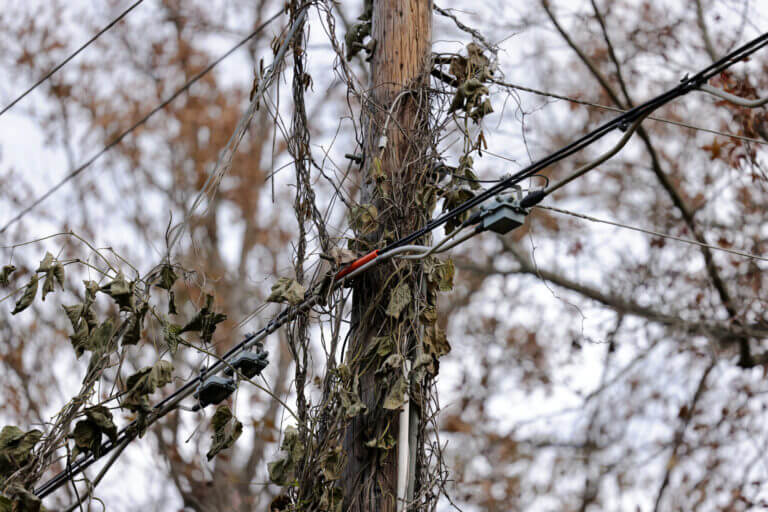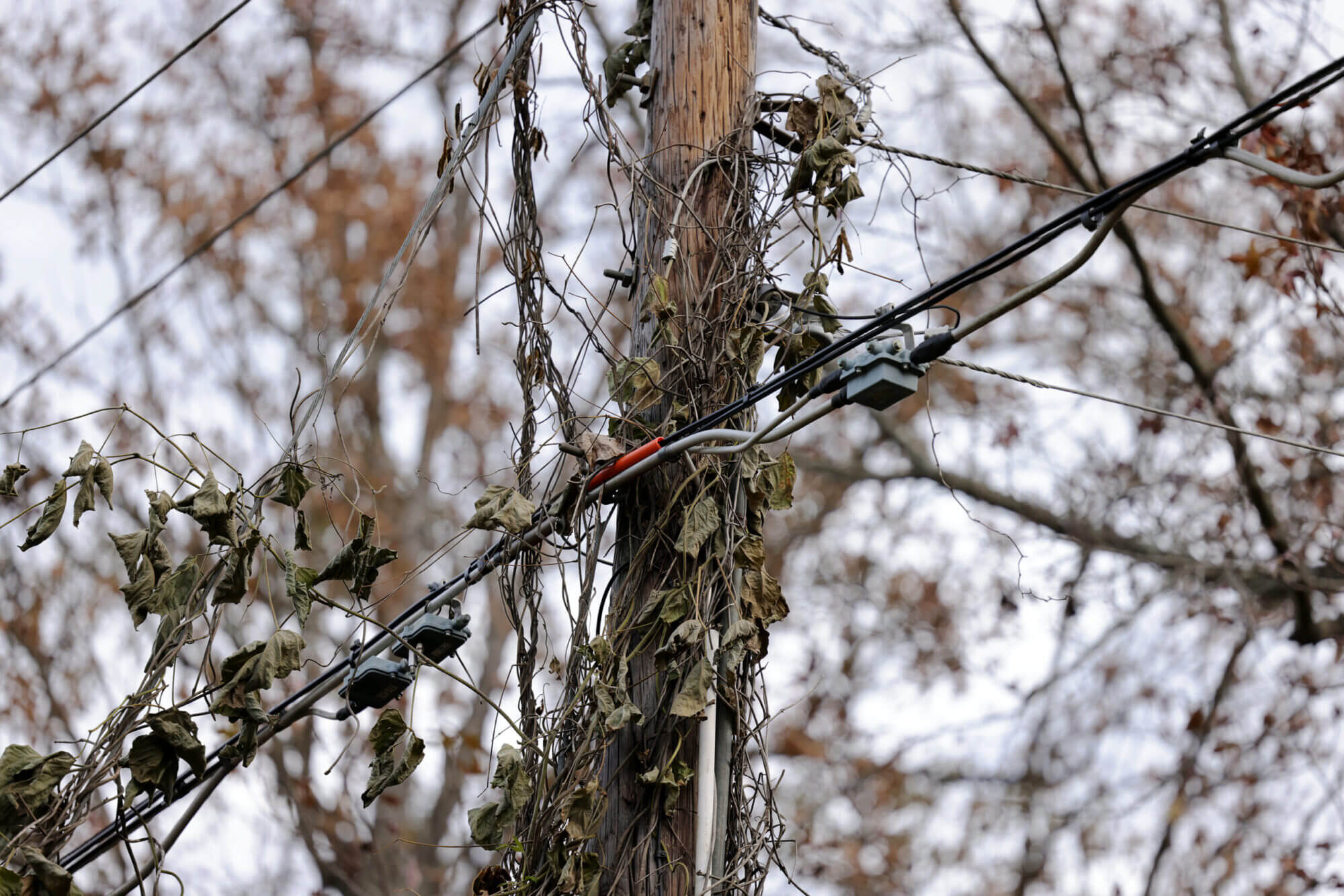

A third-party investigation released Tuesday recommends the state remove control of the Holly Springs Utility Department from the city following years of constant power issues for its 12,000 customers.
Silverpoint Consulting, which the state’s Public Service Commission contracted to study the depth of Holly Springs’ problems, wrote that the city appears “incapable” of implementing any recommended solutions.
“Allowing them any more time would be fruitless as well as disrespectful to the utility’s long-suffering customers,” the investigation says.
The city of Holly Springs recently elected a new mayor, Charles Terry, but his office did not response to a request for comment on Tuesday.
The PSC enlisted Silverpoint last year after state legislation gave the regulator authority to intervene in Holly Springs, which since 1935 has provided power through the federally controlled Tennessee Valley Authority. That bill came after years of complaints from Holly Springs customers about constant power outages. Those issues peaked during an ice storm in 2023, when some lost electricity for about two weeks.

The legislation also allows the PSC, if it finds the utility can’t provide “reasonably adequate electric service,” to request a court-ordered receivership for the utility. While Silverpoint found that Holly Springs falls below that standard, it said it may be challenging to find a receiver willing to take on the struggling provider. The consultant instead recommends exploring one of the following options: selling the utility to another city or cooperative utility; converting it to a cooperative to open up access to low-interest loans; or eminent domain or condemnation.
While Holly Springs’ mayor and board of aldermen are in charge of the power department, about two-thirds of the utility’s customers live outside the city limits, meaning most ratepayers can’t vote for officials with local control.
Silverpoint said after beginning its investigation last August, it was unable to obtain much information from the city for roughly six months. Most information the city did provide, which it didn’t send until this spring, was “non-responsive or irrelevant” to the investigation, the report says.
Silverpoint found an array of issues, some of which had been noted in previous reports Mississippi Today covered earlier this year: remote metering that has been out of service for three months, requiring utility workers to read all meters manually and delaying when bills are issued; a “rudimentary” work order system with a backlog of nearly 2,000 items; having a 16-year-old system map, pushing back restoration times; and having no emergency response or vegetation management plan.
The report also noted several personnel issues. The utility’s superintendent is “well into his 80s,” it said, which is “well beyond the maximum retirement age allowable at most any other utility.” After not having a full-time general manager for years, the city also hired a former bridge inspector, Wayne Jones, with no utility or electric engineering experience, Silverpoint wrote.

“We believe our report makes clear that the City and (utility department) lack sufficient technical, operational, and management expertise to effectively reverse the downward trajectory this electric system has been on for some time,” the report says.
Silverpoint also echoed a point brought up in TVA’s recent lawsuit against the city: “For decades, City leadership systematically drained utility resources through excessive PILOT payments, continuing to milk a starving cash cow to fund its other municipal expenses.”
Holly Springs’ contract with TVA allows it to take payments in lieu of taxes, or PILOT funds, but only after it addresses all of its utility costs.
“The Silverpoint report lays bare just how dire the situation is at Holly Springs Utility District,” Northern District Public Service Commissioner Chris Brown said in a statement. “This crisis didn’t happen overnight — it’s the result of decades of neglect and mismanagement.
The PSC attempted to schedule a hearing over the matter in January, but agreed to postpone the matter until after the last legislative session. Richard Stone, a spokesperson for Brown, said while the PSC hasn’t yet scheduled the hearing it will address the issue during its next docket meeting on Aug. 5.
- State Supreme Court considers reviving former Gov. Phil Bryant’s lawsuit against Mississippi Today over welfare scandal coverage - February 18, 2026
- Winter storm update: Mississippi still waiting on fed declaration for individual assistance, lawmakers crafting plan to fund recovery - February 18, 2026
- Shy of special session, Mississippi school choice appears dead - February 18, 2026